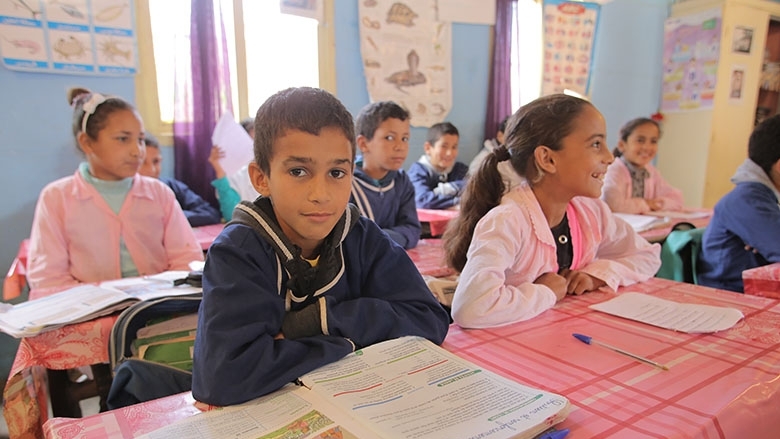The World Bank approved US$250 million in additional financing for the Education Support Program in Morocco, adding to the initial US$500 million Program approved in 2019.
Read More: FIFA Sec Samoura Reaches Out Upcoming Women’s W’Cup Debutants
This financing is intended to support the Government of Morocco in delivering on a highly ambitious education reform agenda that includes expanding quality early childhood education services, supporting primary and secondary education teaching practices, and strengthening management capacity and accountability for better learning outcomes.
Since its inception in 2019, the Education Support Program has contributed to improving the quality of early childhood education, enhanced the capacities of the teaching workforce, and management capacity and governance, particularly at the regional level. This additional financing aims to achieve more ambitious results for the sector while enabling accessibility and resilience of education more comprehensively and effectively in the post COVID-19 era.
Read More:South Africa’s University Students Denounce Increasing Cost of Education
The additional financing also introduces an Investment Project Financing (IPF) into the Program, providing technical support to the Ministry of National Education, Preschool, and Sports to implement key reforms leading to better results in education.
“The program’s strategic framework is based on strengthening human capital and supporting sectoral decentralization for clear accountability on results and service delivery,” said Abel Bove, Senior Public Sector Specialist, and program Co-Leader at the World Bank.
Read More: The Work Before the Harvest — A Conversation with Nekesa Were
Among the reforms to be supported by the Program is the contribution to climate change mitigation and adaptation efforts. In this regard, the Program will foster a change of mindsets, promote behavioral change, develop skills needed for a green economy transition, and ultimately contribute to people’s resilience to shocks.
